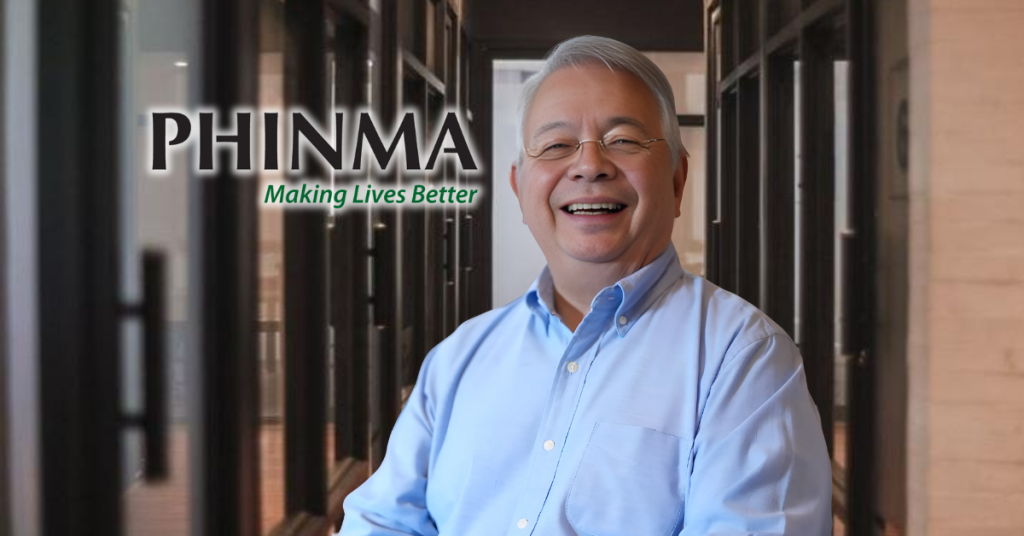In the late 1990s, Ramon Del Rosario Jr., Chairman and CEO of PHINMA Corporation, was riding high. The Philippine economy, energized by the reforms of the Ramos administration, was growing rapidly, and PHINMA was aggressively expanding its core cement business. But when the Asian Financial Crisis struck in 1997, everything changed.
“We were expanding our facilities very aggressively. We had two very significant expansions in cement,” Del Rosario Jr. recalls. “But the Asian financial crisis hit us very hard, as you can imagine.”
Like many companies at the time, PHINMA had taken on significant foreign currency loans. “What happened was the currency devalued very significantly to protect the economy,” he says. “That meant whatever dollar debts we had virtually doubled without any increase in capacity or anything, so servicing that debt became very difficult because our sales were all in pesos.”
Faced with mounting financial pressure, the company made a tough decision: it exited the cement business. But that move gave PHINMA a rare opportunity. “All of a sudden, we had a significant amount of capital already, which we either could redeploy or just distribute to the shareholders and quietly enjoy the rest of our lives,” Del Rosario Jr. explains.
But retirement wasn’t the path he chose. “We said we’re still interested in nation-building,” he says. “We asked ourselves, what is the resource of our country now that we want to focus on to make sure that we can compete in the region and the rest of the world? We said it’s our people; that’s our main resource.”
That realization led PHINMA to pivot into education—a bold move for a company with deep roots in industrial businesses. “Our people have to be well-educated and well-trained if they’re going to compete,” Del Rosario Jr. adds. “So yeah, we said the education standards and the education institutions in our country are inadequate.”
The question was how to enter a sector so different from cement or real estate. The answer came in the form of Chito Salazar, an education reform advocate who would become the key driver of PHINMA’s education business.
“Chito came in, he also had a vision,” Del Rosario Jr. says. “We agreed that the best way to do it was to acquire educational institutions rather than start from scratch… because starting from scratch takes a while before you have something. You’re not generating profits right away, and you’re not generating cash.”
Their first acquisition was Araullo University in Cabanatuan, a school serving lower-income students. “It was geared towards the poorer segments of society,” he says. “We had to learn a little bit more about the intricacies of dealing with poor students—how our ability to charge tuition was limited, and you couldn’t ask them to pay upfront.”
As PHINMA expanded its education portfolio, Del Rosario Jr. noticed a common pattern among private schools. “They would be founded by Generation One, who really wanted to educate people. Generation Two would expand the school and make it grow. Generation Three was interested only in what they could get out of the school,” he says. “A large percentage of the schools we encountered were schools of that type… they still had the reputation except they went into decline, and that’s how we acquired them.”
By identifying underperforming schools with solid reputations and revitalizing them, PHINMA created a scalable, mission-driven business model—one that not only generated returns but also directly addressed the country’s education gaps.
More than two decades after the 1997 crash, Del Rosario Jr.’s decision to bet on education has not only reshaped PHINMA’s future—it has changed the lives of thousands of students.
“It’s a business that can allow us to do what we want to do, which is do some good for the country, but also make reasonable profits,” he says. And for a man once caught in the storm of a financial crisis, that may be the most rewarding return of all.
This article includes quotes from an interview originally published by Esquire Philippines, authored by Henry Ong.
![]()



